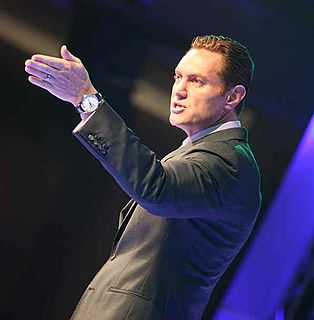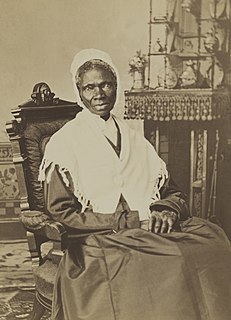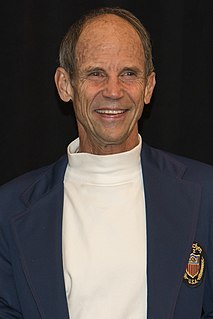A Quote by Darren Hardy
When it comes to breaking old habits and starting new ones, remember to be patient with yourself. If you've spent twenty, thirty, or forty years or more repeating the behaviors you're now trying to change, you've got to expect it's going to take time and effort before you see lasting results.
Related Quotes
As you learn to consciously observe the transformation process, you will watch yourself repeating a lot of old patterns long after you seemingly know better. Spiritually and intellectually, you realize there is another way, but emotionally you are still clinging to the old habits. This is a difficult time. Try to be patient and compassionate with yourself. When you recognize the futility of an old pattern so clearly, it's about to change! A short time later, you will suddenly begin to respond differently, in a more positive way.
Change is difficult and it takes time. It is hard for people to change their own behavior, much less that of others. Change programs normally address attitudes, ideas, and rewards. But the behaviors of people in organizations are also strongly shaped by habits, routines, and social norms. Real change requires new power relationships, new work routines and new habits, not just intent.
Now that the most interesting matter of identity is not what place someone was born in, but what point in time they are from - where they sit in relation to time. Age has become much more divisive than place. With the Internet and globalization, a twenty-year-old in New York has far more cultural references in common with a twenty-year-old in Nebraska than they do with a thirty-year-old who lives next door. National identity is what they trick you with when they want your feet in their army boots or your taxes in their bailouts.
The same costume will be Indecent ten years before its time, Shameless five years before its time, Outre (daring) one year before its time, Smart (in its own time), Dowdy one year after its time, Ridiculous twenty years after its time, Amusing thirty years after its time, Quaint fifty years after its time, Charming seventy years after its time, Romantic one-hundred years after its time, Beautiful one-hundred-and-fifty years after its time.
I spent the first twenty years of my running career trying to run as many miles as I could as fast as I could. Then I spent the next twenty years trying to figure out how to run the least amount of miles needed to finish a marathon. And I've come to the conclusion the second way is much more enjoyable.
Teachers who have plugged away at their jobs for twenty, thirty, and forty years are heroes. I suspect they know in their hearts they've done a good thing, too, and are more satisfied with themselves than most people are. Most of us end up with no more than five or six people who remember us. Teachers have thousands of people who remember them for the rest of their lives.
People between twenty and forty are not sympathetic. The child has the capacity to do but it can't know. It only knows when it is no longer able to do -after forty. Between twenty and forty the will of the child to do gets stronger, more dangerous, but it has not begun to learn to know yet. Since his capacity to do is forced into channels of evil through environment and pressures, man is strong before he is moral. The world's anguish is caused by people between twenty and forty.



































